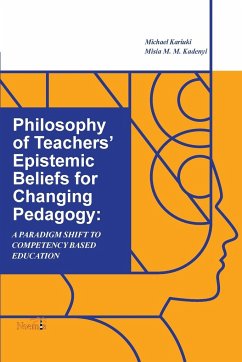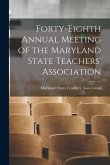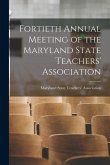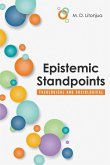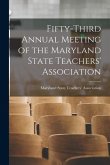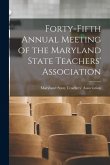Philosophy of Teachers' Epistemic Beliefs for Changing Pedagogy: A Paradigm Shift to Competency-Based Education offers pedagogical insights into the paradigm shift intended by 21st-century competency-based education. The authors, informed by both policy and research on education, argue that implementation of competency-based education requires anchoring pedagogical explorations on the epistemology of a competency-based curriculum. Research in personal epistemology reveals that teachers enact espoused epistemic beliefs in classroom pedagogical practice. Teachers must be empowered to change their pedagogical competencies by drawing their attention to their default epistemic beliefs which must be replaced by what is aligned with the epistemology of a competency-based curriculum.The book makes the case that curriculum reforms necessarily imply pedagogical reforms. That is, pedagogy is parasitical on the epistemology of curriculum. The book exposes the underpinning epistemology of competency-based curriculum in Kenya and has gone further to derive epistemic beliefs that teachers should acquire to facilitate their efforts at reforming their pedagogy aligned to Competency-based education.We live in a time of radical revolution where knowledge is a critical factor in all sectors of society. The education sector is charged with the responsibility of empowering learners as creators of knowledge. Learning how to learn is a key competency in adapting, utilizing and experimenting with novel conceptions of knowledge which includes changing teachers' epistemic beliefs and attitudes. This book is resourceful for policy-makers in teacher education, teacher educators at university and teacher training colleges, educationists, practicing classroom teachers, education researchers, school managers and readers interested in facilitating effective pedagogical change for the implementation of competency-based education.
Hinweis: Dieser Artikel kann nur an eine deutsche Lieferadresse ausgeliefert werden.
Hinweis: Dieser Artikel kann nur an eine deutsche Lieferadresse ausgeliefert werden.

